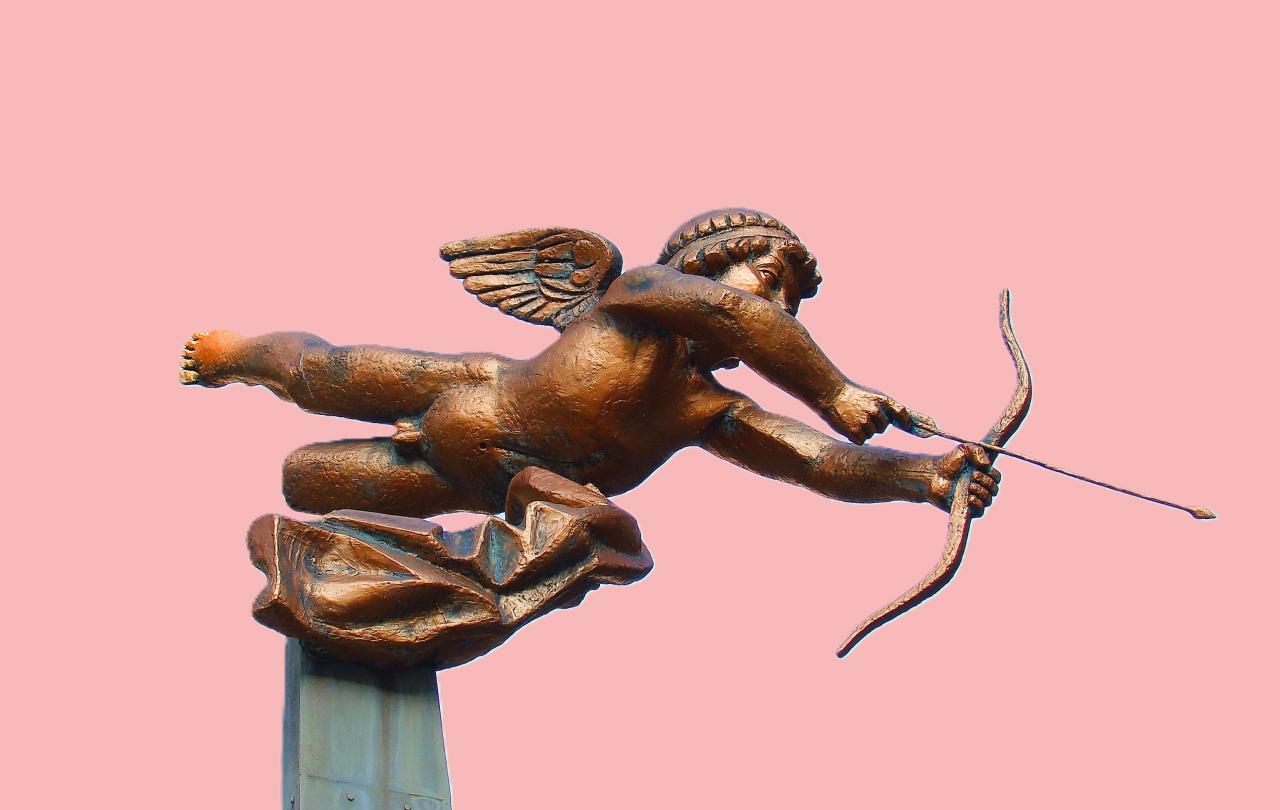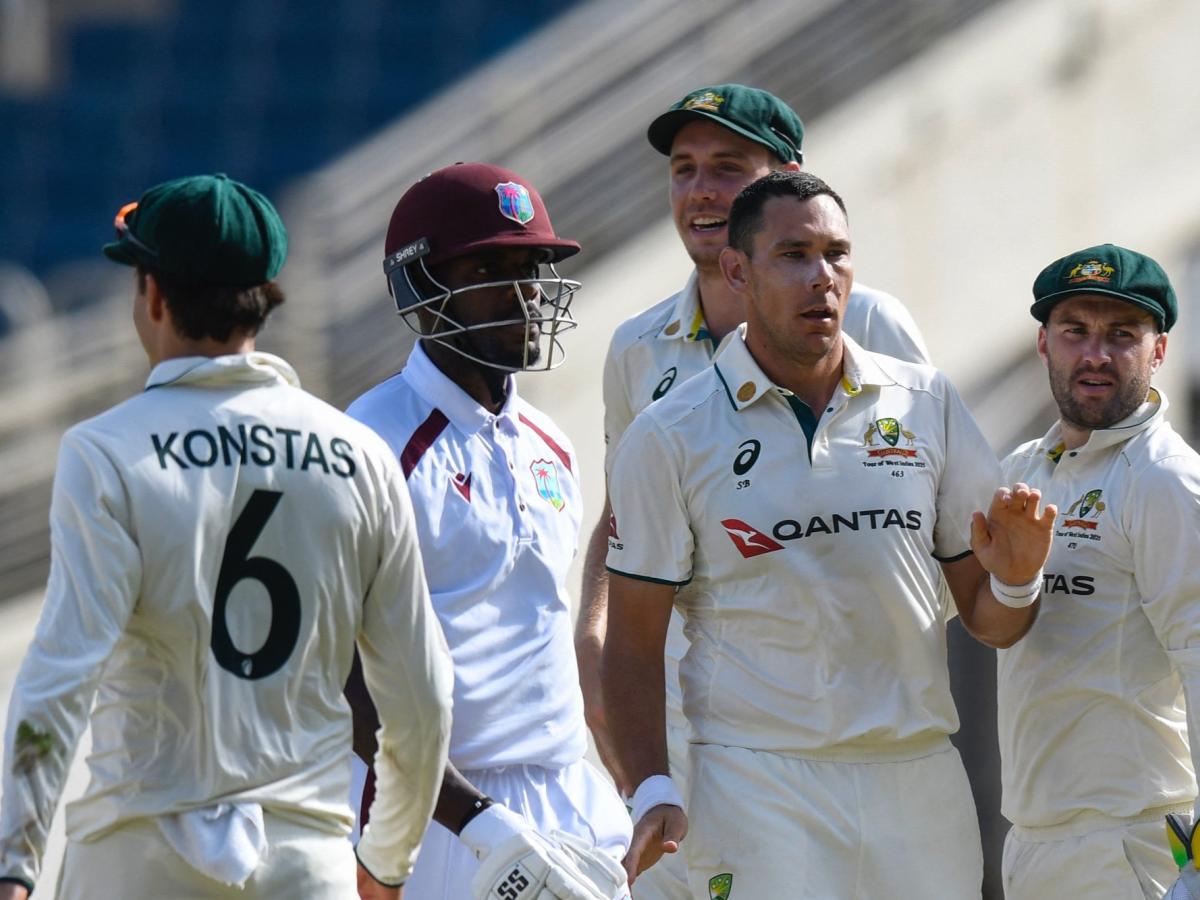
Valentine’s Day is the great Western celebration of ‘romance’. On the day restaurants are filled with couples – new and nervously trying to be constantly adoring in their gaze, or longstanding, staring out of the window, comfortable in the silence which can only truly be inhabited by those who really know each other. On this day garage flowers become a precious commodity. It is undoubtedly kitsch and forced and performative…but most great and important festivals are.
But who’s day is this?
Valentine, or Valentinus, was a third century martyr. Some legends claim that his faith was put to the test by a local judge, who brought his blind daughter before Valentine, and demanded he heal her. He did. The judge and his entire household renounced pagan idols and were baptised. This scandalous incident, and further bothersome evangelism, led to the Emperor Claudius commanding that Valentine be executed. Another legend claims him as a Roman priest who defied imperial orders and secretly married Roman soldiers in the Christian rite, allowing the soldiers to escape further conscription. I assume it is this latter legend which led to Valentine being adopted as the patron saint of heart-shaped chocolates – that and the mediaeval folklore that the birds would couple in mid-February. Whatever the case, I’m not interested in the legends of Valentine, entertaining as they are. It doesn’t matter to me if he married couples in secret, or healed the blind, or was an early avian dating app. He is a martyr.
Martyrdom is not a concept we are much familiar with in this country anymore. Yes, it is still a word in common parlance. We call people a ‘real martyr’ when they punish themselves doing work no is expecting or wanting them to do. We call someone a ‘martyr for the cause’ when they glue themselves to a set of railings, or get arrested vandalising a painting with soup. This isn’t martyrdom. True martyrdom is an act of romantic desire. True martyrdom is an act of love!
One of the earliest accounts of Christian martyrdom come from St Ignatius, the Bishop of Antioch. At some point in the middle of the second century he was condemned to death and was transported to Rome under guard. As he travelled, he wrote letters to different Christian communities, including one to the Church in Rome. The account of martyrdom in this letter is both astoundingly beautiful, and the key to understanding martyrdom. He is writing, in part, to beg the Christians of Rome not to try and save him from his fate, either by violence of bribery.
He wishes his martyrdom and explains why. He writes that in this suffering he is “…beginning to be a disciple.” He compares his unfortunate situation to ‘birth pains’ now coming upon him and then makes a remarkable claim: he is not about to die, but is about to truly live!
“Grant this to me brothers: do not keep me from living; do not wish me to die…Allow me to receive the pure light; when I have arrived there, I will be a human.”
It has been suggested by some who can only see the dreadful, painful, grabby nature of martyrdom – and it is a blessing we live in an age and a land where we do not kill each other on account of our faith – that Ignatius was either a showman or a madman. I disagree. Ignatius does not want to be martyred because he wants to make a name for himself, but because he understands that in martyrdom he is becoming a type of the one true martyr: Jesus Christ. Perhaps he was mad…madly in love with Christ! He desired to be united with Christ, he desired to be as close to Jesus Christ as possible: “I desire the bread of God, which is the flesh of Jesus Christ…and for drink I desire his blood, which is imperishable love.” He desired Jesus above all other goods, even his own life.
In our little way, when we embark upon the great mystery of ‘romance’ we are seeking to be martyrs ourselves – martyrs for the one we love.
Martyrdom, seen in this manner, is a truly ‘romantic’ act – an act of the one who is so desirous of, so truly, madly, deeply in love with Jesus, that they will give everything for Jesus’ sake. Martyrs show us the real pattern of love: the sacrifice, of ourselves for the sake of another. This is the lesson Jesus taught his disciples: “Greater love hath no man than this, that a man lay down his life for his friends.” In the life and death of the martyr we see this real love made manifest, and it is not unrequited but is entirely reciprocated. Jesus desires us and dies for us, and the martyr desires Jesus and dies for him. As Ignatius writes to the Romans: “Desire it, that you may also be desired.”
This is the lesson that every couple, as they grow in their life and their love together, slowly learn. If we seek romance and love, we seek not to change, or control, or extract pleasure from the other person as an object; we seek to give ourselves to them freely and completely, in the joy of service and sacrifice. In our little way, when we embark upon the great mystery of ‘romance’ we are seeking to be martyrs ourselves – martyrs for the one we love.
St Valentine was a man of genuine love, for he was a martyr. There is no greater reason to be a patron of passion, of matters of the heart, of romantic love.
Join with us - Behind the Seen
Seen & Unseen is free for everyone and is made possible through the generosity of our amazing community of supporters.
If you’re enjoying Seen & Unseen, would you consider making a gift towards our work?
Alongside other benefits (book discounts etc.), you’ll receive an extra fortnightly email from me sharing what I’m reading and my reflections on the ideas that are shaping our times.
Graham Tomlin
Editor-in-Chief





